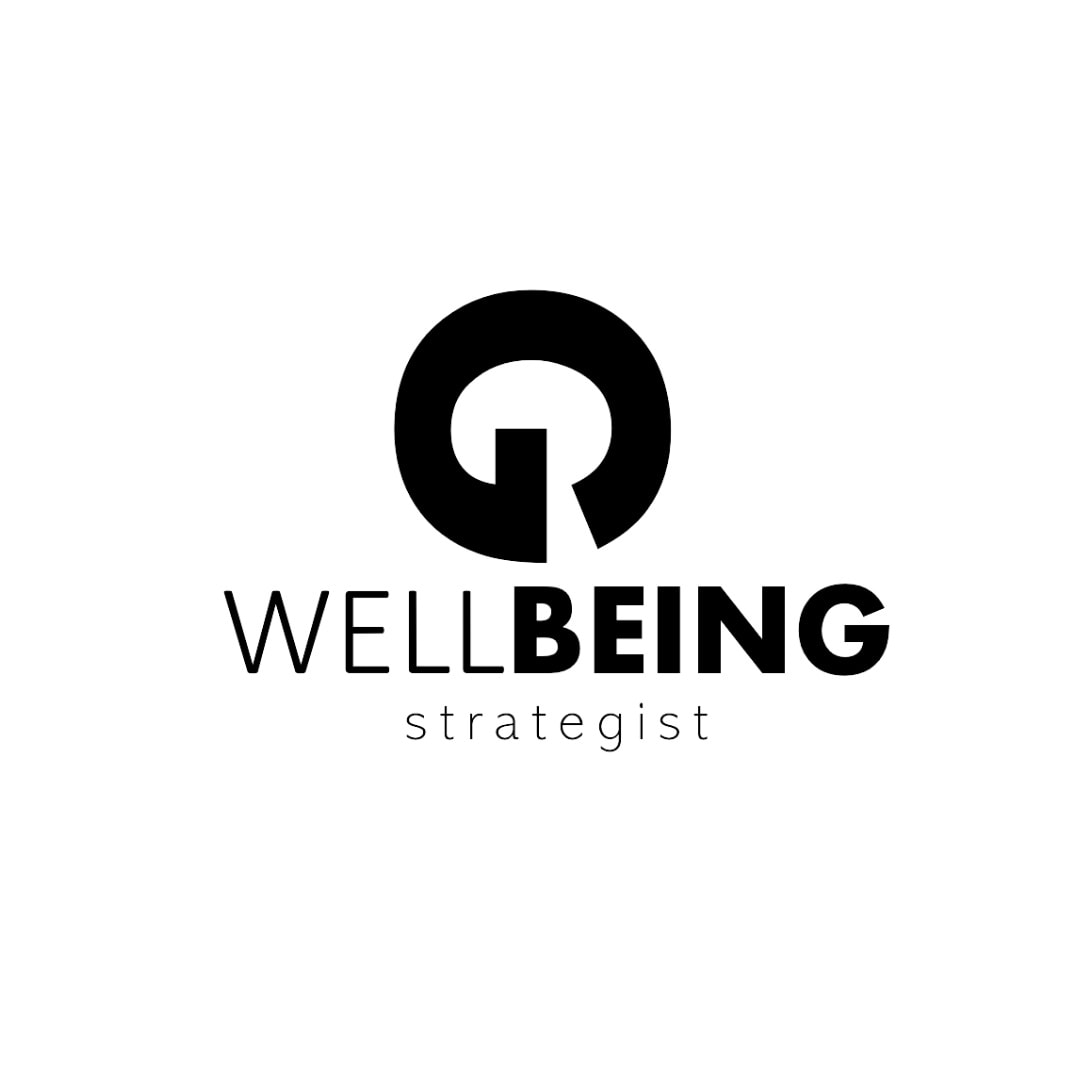Embracing change in order to grow
What is Change & Why Change is Important
Change is an inherent part of life. It refers to the process of transitioning from one state or condition to another. While change can be unsettling, it is crucial for personal growth and development.
Embracing change enables us to adapt, learn, and become better versions of ourselves. Whether it is the changes we experience in our personal lives or the shifts occurring in our environment, change plays a significant role in shaping our journey.
Why Should We Change?
Change is not only an external force shaping our lives but also an internal catalyst that propels us forward on a journey of self-discovery, learning, and evolution.
Embracing change opens the doors to new perspectives, opportunities, and transformations that contribute to our continuous personal growth and overall sense of wellbeing.

Embracing change in order to grow
Have you ever wondered why the concept of change can be unsettling? Is it because of the changes we see in our personal lives, or the way we interpret and question the changes occurring within our environment? Whatever the reason, embracing change remains undeniably an integral part of your personal development journey.
Change is an inevitable and constant part of life that helps us grow and evolve. By embracing change, we open ourselves up to new opportunities and possibilities for personal growth and self-improvement. Instead of resisting change, we can choose to embrace it as a catalyst for positive transformation and development.
When we embrace change, we become more adaptable and resilient in the face of life’s challenges. Embracing change allows us to navigate through uncertain times with grace and determination, enabling us to thrive even in the most dynamic and unpredictable environments.
Embracing change is not always easy, as it may require us to step out of our comfort zones and confront the unknown. However, the rewards of embracing change are immense. It opens the door to new experiences, broadens our perspectives, and fosters a sense of personal fulfilment and achievement.
So, the next time you encounter change in your life, try embracing it with an open mind and a positive attitude. Embrace the change as an opportunity for growth and self-discovery. By doing so, you can unlock your full potential and embark on a journey of continuous personal growth and transformation.
Stagnation is real
Embracing Change and Growth for a Fulfilling Life
Stagnation is a real challenge, representing a prolonged period of little or no growth. However, growth is the ultimate evidence of life.
There are moments when we thrive and shine, energised to reach our goals and exceed expectations. Yet, there are also times when we feel held back, as if every aspect of life has come to a standstill, preventing us from moving forward.
Stagnation, in simple terms, is the lack of growth and development. Even without a broad scale to measure stagnation, there are clear signs to look for, such as lingering procrastination, lack of enthusiasm, and seeking comfort in mindless activities like sleep and entertainment. When we feel that we are living below our potential, it’s a sign that underlying issues need to be addressed.
To break free from stagnation, we must recognise that change is growth. Embracing change as a pathway to personal development can help us move forward step by step, leading us out of stagnation. Change helps you grow by providing an opportunity to overcome challenges, adapt, and evolve.
Stagnation or creation?
People experiencing stagnation are susceptible to slipping into depression. Low self-esteem and self-critical tendencies can worsen the situation, leaving us feeling directionless in various aspects of life. However, by acknowledging the role of change in fostering growth, we open ourselves up to new possibilities and opportunities for a more fulfilling life.
Embracing change is not about waiting for situations to improve on their own. Instead, it’s about proactively making new decisions to create a mindset of wellbeing and living life more consciously. Breaking down tasks into smaller steps and seeking support from wellbeing professionals can accelerate our transition to a more balanced and fulfilling life.
Imagine having the support of a wellbeing professional in a safe, non-judgmental environment, guiding you through the transition to living and working well. This support can be transformative, enabling you to navigate the change and grow personally and professionally.
In conclusion, embracing change and recognising its role in fostering growth can help us break free from stagnation and find a path to a more fulfilling and purposeful life. By understanding that change helps you grow, we can face challenges with resilience, adapt to new circumstances, and evolve into better versions of ourselves. So, embrace change and embark on a journey of personal growth, creating a life filled with meaning, happiness, and success.

How to Embrace Change: Learning and Growing through Life's Transformations
Change is a way of life in our rapidly evolving world. Learning to embrace change is crucial for our personal growth and wellbeing. It is an essential skill that empowers us to navigate through life’s transformations and seize opportunities for development and improvement.
To embrace change effectively, we must recognise that change is a pathway to growth. It is not something to fear or resist, but rather a natural and inevitable part of life. By accepting change as a constant companion, we open ourselves up to new experiences and possibilities for personal and professional advancement.
Learning to embrace change requires a shift in mindset. Instead of viewing change as a disruption or a setback, we should see it as a chance to learn and evolve. Change helps you grow by presenting us with challenges that stretch our capabilities and expand our horizons. It fosters adaptability and resilience, enabling us to thrive even in the face of uncertainty.
To embrace change, we can adopt the following strategies:
1. Cultivate a Growth Mindset: Embrace the belief that challenges are opportunities for growth and learning. Approach change with curiosity and a willingness to adapt and improve.
2. Stay Open-Minded: Be open to new ideas and perspectives. Embracing change requires a flexible and open mindset that welcomes innovation and novelty.
3. Embrace Discomfort: Change often involves stepping out of our comfort zones. Embrace the discomfort that comes with change, knowing that it is a necessary part of the growth process.
4. Seek Support and Guidance: Surround yourself with a supportive network of friends, family, or mentors who can offer guidance and encouragement during times of change.
5. Focus on Self-Care: Change can be emotionally taxing. Prioritise self-care and well-being to maintain a positive outlook and handle change with greater resilience.
6. Set Realistic Goals: During periods of change, set small, achievable goals that align with your values and aspirations. Celebrate each milestone as a step towards personal growth.
7. Learn from Change: Reflect on past experiences of change and identify lessons learned. Learning from change helps us adapt more effectively in the future.
As we navigate through the fast-paced way of living and working, it is essential to understand that change is a catalyst for burnout, stress, and anxiety. By embracing change and learning from it, employers and leaders can implement the right actions to address the challenges faced by their workforce.
In conclusion, learning to embrace change is a transformative skill that empowers us to grow and thrive amidst life’s uncertainties. By seeing change as an opportunity for growth and improvement, we can navigate through life’s transformations with resilience and a positive outlook. Embrace change as a natural part of life, and you will discover the incredible potential it holds for personal and professional development.

Importance of learning from change
In a rapidly changing world, it has never been more important to ensure we are learning from change. The latest Global Wellbeing Survey explores the importance of wellbeing and the role of new trends becoming present in our daily work life.
The survey found that the majority (82%) of organisations globally believe that wellbeing is important, and a key focus, within their company. Additionally, while 87% have wellbeing initiatives in place, just over half (55%) don’t have a strategy.
It also shines a light on the future of work and what skills will be most important for our future workforce.
Fast-paced way of living and working, including unpredicted changes caused by the pandemic, have created new challenges such as burnout, stress, anxiety and physical inactivity. Last year, mental health conditions accounted for 51% all working days lost due to ill health and this number is rising.
The pandemic has led to an increase in stress, anxiety, depression, grief, fear, and isolation. In turn, there has been a surge in suicides around the world and a growing rate of divorce and relationship breakdown.
Employers, as well as leaders, need to embrace that change, learn from it, and implement the right actions. Without addressing those issues the performance and profitability of the business will be endangered.
Booking&Questions
Want to improve your wellbeing and overall functioning?
Book free discovery call & let’s chat!





